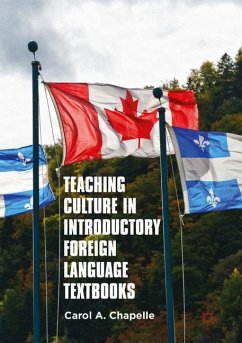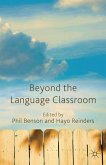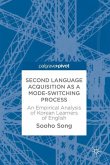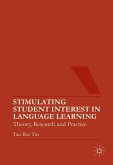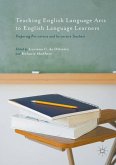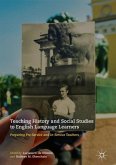This book demonstrates how foreign language textbook analysis can inform future materials development to improve foreign language teaching. Through chronological analysis of French textbooks in the United States, this book explores the representations of Canada and Quebec in French beginner textbooks produced from 1960 to 2010. Chapelle couples a large collection of 65 textbooks with a social-semiotic qualitative analysis of the genres, language and images that communicate Quebec's cultural narrative to learners. Findings about the amount and type of content are presented by decade to track the trends in foreign language teaching and changes in Quebec's representation. Particular attention is given to how language politics is presented to students through text and images. This book will be of interest to scholars of Canadian Studies, Quebec Studies and Second Language Acquisition, as well as foreign language materials developers.
"Chapelle's work is important beyond its data and its argument that textbooks ought to include more political context in their presentation of Québécois culture and politics. Her book provides an exemplary methodology with five case studies (corresponding to five time periods) that could be used in undergraduate and graduate courses on qualitative research. ... The book is also pleasant to read." (Alexandre Couture Gagnon, American Review of Canadian Studies, Vol. 47 (3), 2017)

